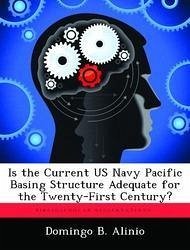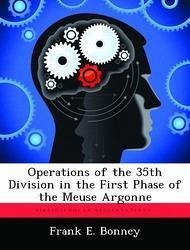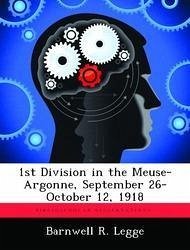
Q-Ships of the Great War
Versandkostenfrei!
Versandfertig in über 4 Wochen
52,99 €
inkl. MwSt.
Weitere Ausgaben:

PAYBACK Punkte
26 °P sammeln!
Lacking adequate antisubmarine warfare tactics and technologies to combat the German unrestricted submarine campaign during the Great War, the Allies turned to deception or ruse de guerre as a means to counter the U-boat menace. Armed decoys, known as Q-ships, manned by naval crews and outfitted with hidden guns, were introduced to deceive, trap and destroy U-boats. Registering early kills, Q-ships served as a valuable deterrent and had a demoralizing effect on previously bold U-boat crews. Q-ships successfully filled Britain.s void in antisubmarine warfare through 1917. By 1918, the Q-ship ca...
Lacking adequate antisubmarine warfare tactics and technologies to combat the German unrestricted submarine campaign during the Great War, the Allies turned to deception or ruse de guerre as a means to counter the U-boat menace. Armed decoys, known as Q-ships, manned by naval crews and outfitted with hidden guns, were introduced to deceive, trap and destroy U-boats. Registering early kills, Q-ships served as a valuable deterrent and had a demoralizing effect on previously bold U-boat crews. Q-ships successfully filled Britain.s void in antisubmarine warfare through 1917. By 1918, the Q-ship campaign ground to a halt when these intrepid decoys lost their usefulness through frequency of use and lost surprise. This paper examines the employment of Q-ships in the Allied maritime strategy during the Great War, focusing on the requisite elements and specific tactics associated with this unique form of deception. Significant engagements are examined to assess the effect Q-ships had against U-boats and their overall impact during the course of the war.












